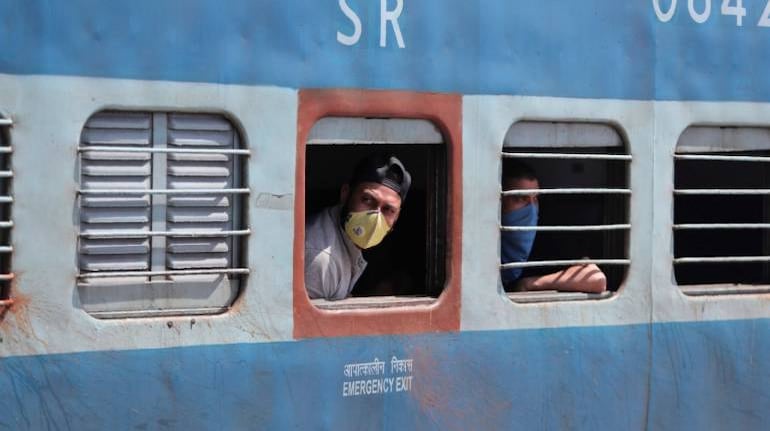
Although domestic flight services have restarted, it seems that regular train services are not commencing any time soon. The Indian Railways has recently intimated that it will be refunding the entire booking amount for all tickets purchased till April 14 for regular trains, indicating that the chances of such services resuming right now are bleak.
Regular passenger trains may not start till mid-August and until then only the 230 'special' mail and express trains that are plying will have to suffice, reported the Times of India. Even if more trains are pushed into service to meet a surge in demand, they will also be branded as special trains.
Notably, all the special trains that are operational at present are fully reserved services.
The Railway Ministry issued a circular to inform all zones that passenger train tickets booked on or before April 14 will be cancelled and the full amount will be refunded. They had earlier cancelled all regular passenger train services till June 30.
Discover the latest business news, Sensex, and Nifty updates. Obtain Personal Finance insights, tax queries, and expert opinions on Moneycontrol or download the Moneycontrol App to stay updated!